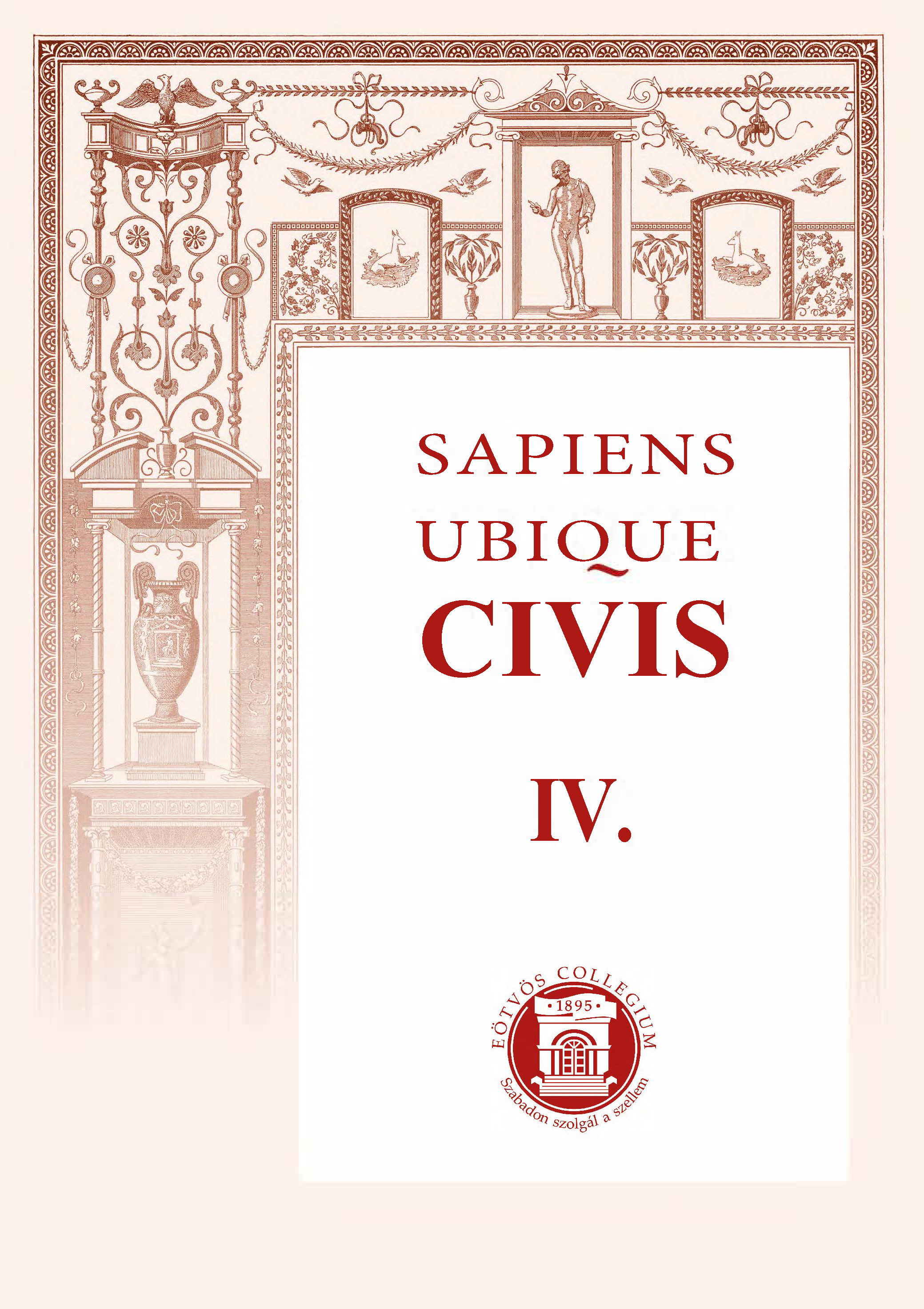“I Know That I Hung, on a Windy Tree” The Parables of the Indoeuropean Jesus
Main Article Content
Abstract
The god who dies but rebirths is an often-reappearing legend in many religions. Amongst the numerous deities sharing these features, it seems that the self-sacrifice narrative regarding the Germanic Odin and Celtic Esus gives perhaps the most valuable insight into the Indo-European belief system. According to the data, human victims offered to both deities were hung on a tree and stabbed by a spear. This paper investigates whether were first Christians inspired by these polytheistic teachings, presumably incorporating non-Semitic ideas into the Parables of Jesus Christ. Especially the remarkable resemblance between the name of Jesus and Esus, and by examining connected linguistic and archaeological hints, an overall conclusion will be proposed.

